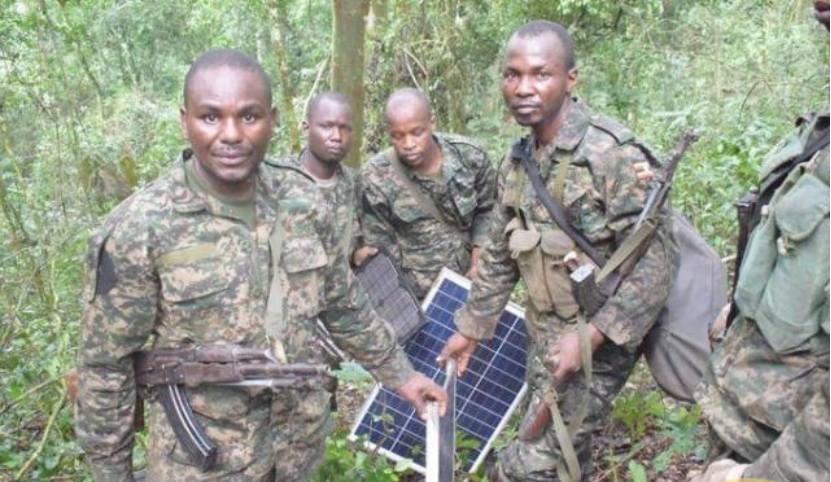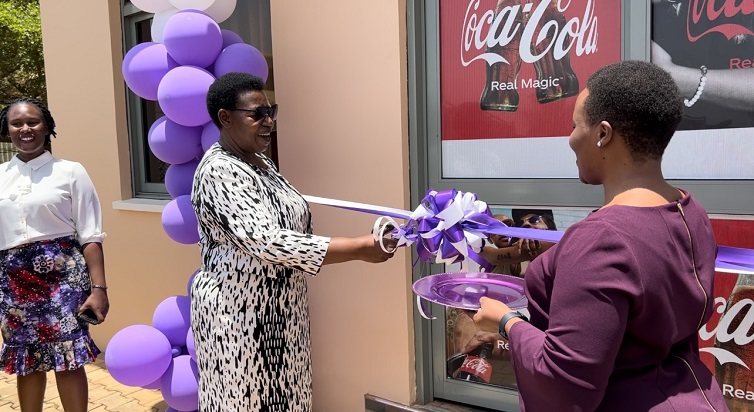Only half of the young people in Uganda say they understand financial instruments such as bonds and contracts even as results of a new survey show up to 79 per cent agree or strongly agree that they can manage financial records.
These findings are based on data from a mobile phone survey dubbed Sauti za Wananchi where 1,597 young people aged 18 to 34 and 2,900 other respondents were randomly selected from across the country to determine perceptions of the challenges and opportunities for young Ugandans in starting and running businesses.
In a brief released on Friday, the Regional NGO’s data shows that more than 40 per cent of citizens below the age of 35 had owned a business in the previous five years and only 18 per are currently running a business.
The respondents revealed they are aware of the many forms of support they need to sharpen their entrepreneurial skills. 57 per cent said they needed support in developing business ideas, 54 per cent needed help with access to finance, 42 per cent needed support for preparing a business plan and 28 per cent said they needed training in financial literacy and management.
According to Twaweza, the findings point to a need to retain young people in business since they constitute the biggest percentage of the country’s population. Violet Alinda, the Country Lead for Uganda at Twaweza said this data clearly shows that there is untapped potential for entrepreneurship among young Ugandans since fewer of them own businesses compared to older Ugandans.
When asked what they would do if gifted with 3.5 million Shillings, a majority of the young people said they would use the money to start a business whereas others said they would engage in farming activities.
However, whereas there are a number of government programmes that were started to among others offer financial support to young people in business and improve their livelihoods such as the Youth Livelihood Programme under the Ministry of Gender, Labor and Social Development, respondents didn’t mention them as an option they would consider to finance their businesses.
For them, the most widely cited potential sources are instead savings groups and or village savings and loan associations at 37 per cent and banks at 35 per cent. Other options widely named include savings and credit cooperative organizations, family and friends or neighbours.
Interestingly, when further asked whether they know about the government programmes, Seven out of ten young people (69 per cent) are aware of the Emyooga initiative, though just two out of ten (22 per cent) can name the initiative without prompting. When it comes to the Youth Livelihood programme, three out of ten (32 per cent) are aware of it including one out of ten (13 per cent) who can name the initiative unprompted.
With these findings, Alinda says If the government can improve the design of and awareness around livelihoods and financing initiatives, young Ugandans are ready to play their role in economic transformation especially now when the country needs solutions to the current economic crisis.
-URN





